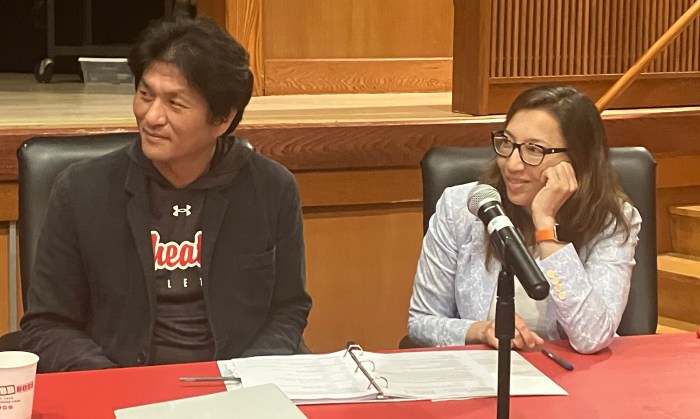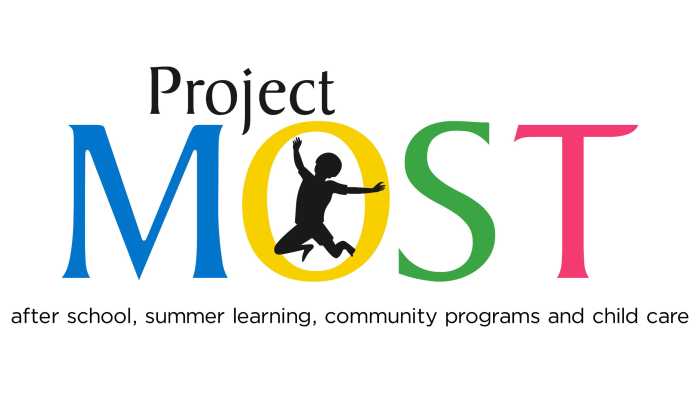What do the Science and the Common Core Literacy Standards have in common? Much more than one would ever imagine. Leading the charge to bring these commonalities to the forefront is the Island Trees Memorial Middle School Science Department, under the apt leadership of Mr. Wagner.
By nature, science is both inquiry and evidence based, which is precisely what the Common Core promotes. For example, scientific research requires that students take a position—perhaps in the form of a hypothesis—and prove this position with concrete evidence. In addition, science invites students to read a wide array of informational text; most importantly, students must read to learn, which is a key component to success in every subject. As students explore factual text, complete short and extended research projects, and take an argumentative stance in both written and oral tasks, they are extending and reinforcing all that they have learned in their English classes.
As part of an ongoing effort to promote literacy in the science classroom, the MMS Science Department took part in an innovative literacy exercise of their own: writing original informational passages and devising higher-order thinking questions designed to invite text-based responses and inferences. With topics ranging from DNA to the laws of planetary motion, these passages were both relevant and engaging for students. Most importantly, however, was the familiarity of the task, as students were asked to perform in science class what they do daily in English.
For example, Mr. Wagner’s Earth Science students were asked to read an article he wrote about Tycho and Kepler, two scientists responsible for unlocking the mysteries of planetary motion, and respond to questions using text-based details. The final question asked students to take a position on how much credit one scientist deserved, a prompt modeled after an English Language Arts 2-point response, which was scored according to the 2-point response rubric.
It is impressive to see Science teachers authoring their own texts and promoting analytical reading skills in their classrooms. The reinforcement of such key practices will serve to build our students’ awareness of how vital it is to write with text-based details in all subjects, not just English class.
— Submitted by Elizabeth Roemer, Administrator for Educational Programs, Literacy, and Staff Development
































